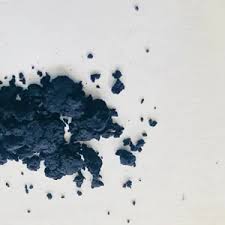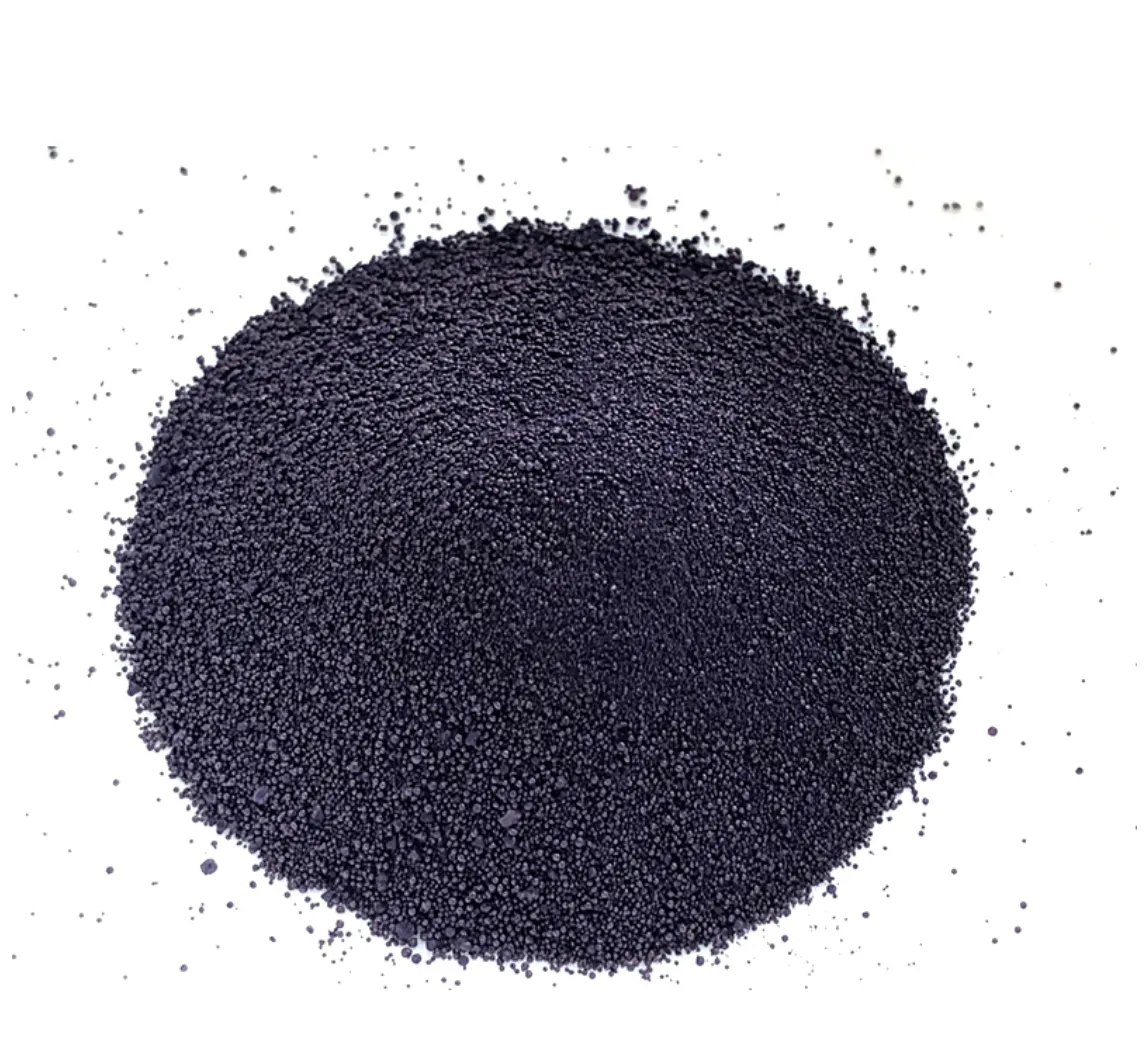Indigo Blue Vat Blue


One of the most compelling experiences shared by users of black indigo powder is its versatility in application. In textiles, it's not just about achieving a single color; the modulation of the dyeing process can yield a spectrum of shades, from the deepest black to subtle blues and grays. This adaptability allows textile artists and fashion designers to experiment creatively without compromising on quality. Furthermore, in body art and cosmetics, the powder's hypoallergenic properties offer a safer alternative to chemical-laden counterparts, building trust with end users who value safety alongside performance. A well-documented expertise surrounds the preparation and application of black indigo powder. Seasoned artisans highlight the importance of precise measurements and environmental conditions — such as temperature and pH levels — when preparing the dye vat. This knowledge not only ensures optimal results but also preserves the integrity and vividness of the color over time. Comprehensive understanding and documentation of these processes contribute to the authority of experts in the field, fostering a community where knowledge sharing is pivotal for innovation and sustainability. Trustworthiness in the supply chain of black indigo powder solidifies its position in the market as a reliable dye source. Verified sourcing from reputable farms that practice sustainable harvesting forms the backbone of reliability. Certifications and quality standards offer assurance to businesses and consumers alike, managing expectations and delivering on promised quality. In conclusion, high-quality black indigo powder is not simply a colorant; it's a blend of ancient tradition and contemporary advantage. Its growing popularity underscores a shift towards environmentally responsible and aesthetically enriching choices in various industries. For those who wish to delve into the world of natural dyes, black indigo powder offers an authentic, reliable, and artistically satisfying experience.
-
innovating-bromo-indigo-excellence
NewsAug.23,2025
-
pioneering-indigo-plant-dye-excellence
NewsAug.23,2025
-
leading-sulphur-black-dyes-enterprise
NewsAug.23,2025
-
sulphur-black-dyes-light-resistance
NewsAug.23,2025
-
indigo-blue-granular-industrial-uses
NewsAug.23,2025
-
bromo-indigo-synthetic-production-process
NewsAug.23,2025
-
The Timeless Art of Denim Indigo Dye
NewsJul.01,2025

Sulphur Black
1.Name: sulphur black; Sulfur Black; Sulphur Black 1;
2.Structure formula:
3.Molecule formula: C6H4N2O5
4.CAS No.: 1326-82-5
5.HS code: 32041911
6.Product specification:Appearance:black phosphorus flakes; black liquid

Bromo Indigo; Vat Bromo-Indigo; C.I.Vat Blue 5
1.Name: Bromo indigo; Vat bromo-indigo; C.I.Vat blue 5;
2.Structure formula:
3.Molecule formula: C16H6Br4N2O2
4.CAS No.: 2475-31-2
5.HS code: 3204151000 6.Major usage and instruction: Be mainly used to dye cotton fabrics.

Indigo Blue Vat Blue
1.Name: indigo blue,vat blue 1,
2.Structure formula:
3.Molecule formula: C16H10N2O2
4.. CAS No.: 482-89-3
5.Molecule weight: 262.62
6.HS code: 3204151000
7.Major usage and instruction: Be mainly used to dye cotton fabrics.

